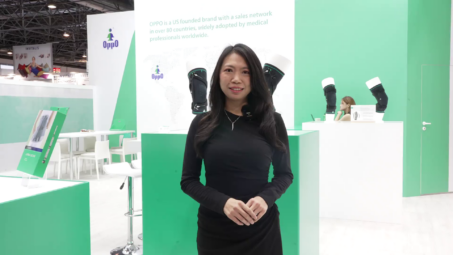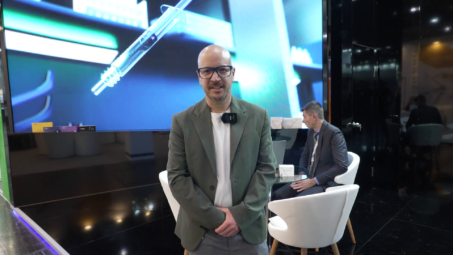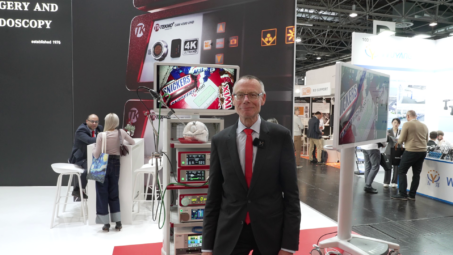
16 - 19 November 2026 MEDICA 2026
BECOME AN EXHIBITOR NOW.
MEDICA – Meeting Point of the Healthcare Industry
International Trade Fair for Medical Technology and Healthcare
Important Notice for Exhibitors

What our exhibitors say ...
MEDICA is the leading medical technology trade fair for us. We have been attending for over 20 years and meet our customers there every year. We will continue to participate—it remains our most important trade fair.

Here’s where we meet a lot of customers and visitors. We also have a lot of European distributors and partners who come here, too. So, it is a good place to meet them all and catch up with each other.

MEDICA is the place to be not only because we can connect with new distributors and people. This is the place where all the people of the industry come together. We are very proud to be here this year, and surely, we will be here the next years.

Every year, MEDICA is the place where people meet. We have guests here from all parts of the world and we enjoy meeting them here in Düsseldorf.

MEDICA is the place to be for us because we are meeting all our customers and potential new customers for smart mobility solutions here.











